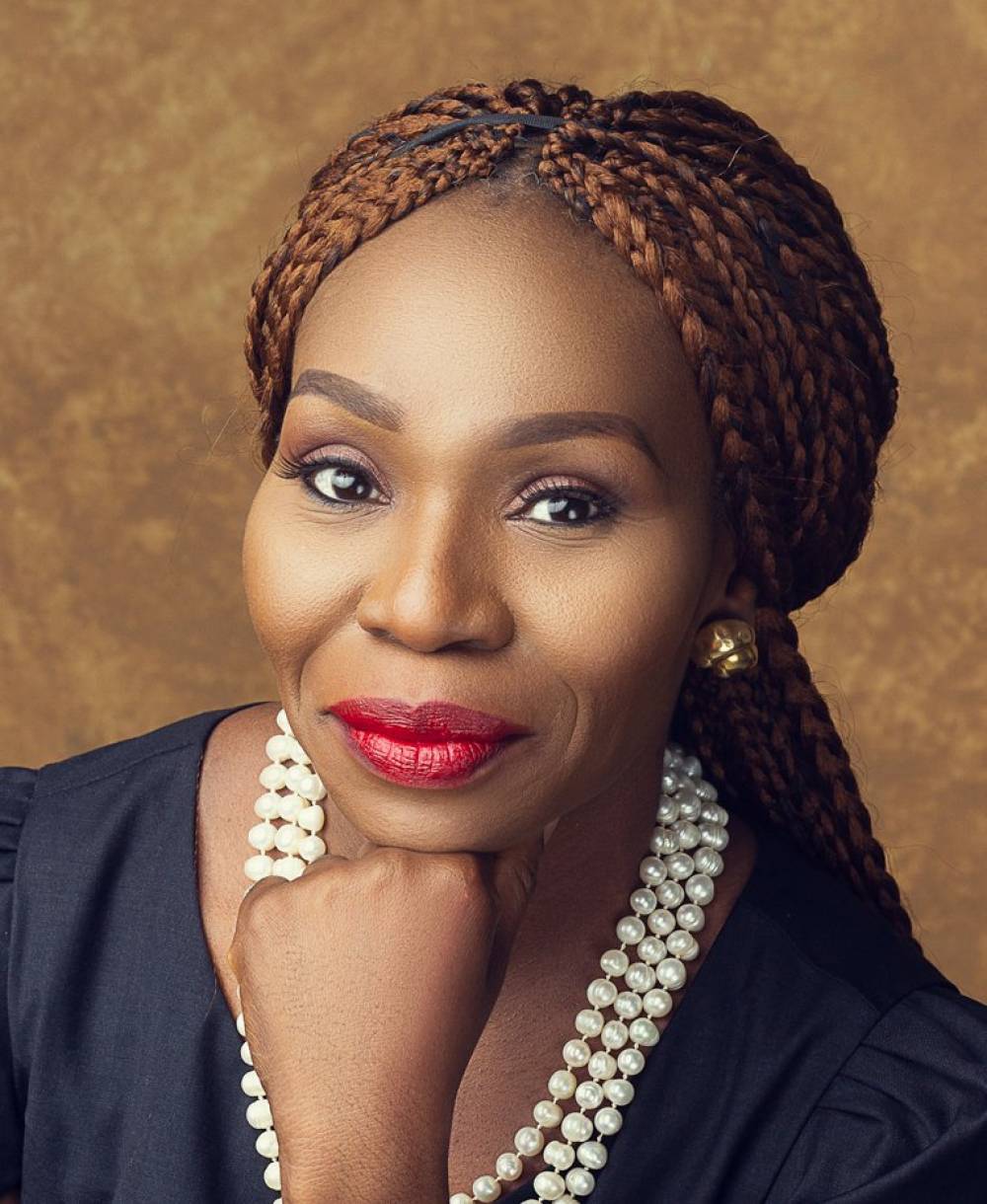
More African women should diversify their investment portfolios
More African women should diversify their investment portfolios
When Ivana Osagie began investing in startups, it was not solely to profit from them, but out of a shared passion for assisting small businesses in growing.
This meant that her investment efforts were conducted in the absence of any understanding of how things should work. As a result, she made decisions without following a proper framework, such as weighing and diversifying her risks and evaluating her opportunities.
Before she could accept this flaw, the entrepreneur with whom she invested vanished with her money, and she lost everything.
While lamenting her loss, she discovered angel investing and realized it was exactly what she needed to grow her portfolio. “Angels congregate for a reason,” Osagie explains during our Google call. “By investing alongside others, you can mitigate some of your risks by bringing specific expertise to the table. When combined with the expertise of others, you get a more complete picture of a startup.”
Ivana is a founding member of Rising Tide Africa, an investment network comprised of female angel investors committed to positively impacting and actively creating a new Africa.
What exactly does Rising Tide Africa do?
Rising Tide Africa, which is entirely funded by private investors, was founded in 2016 by co-founders Yemi Keri and Ndidi Nnoli- Edozien as a transnational women-focused investment network dedicated to educating women to become angel investors. They accomplish this through activities such as mentoring and networking, as well as by providing opportunities for women to build a diversified investment portfolio.
Rising Tide believes that by investing in the continent's exciting startups and next generation, it can help create a new Africa.
Apart from investing money, Osagie explained, they engage in other activities that contribute to the growth of the startups in their portfolio.
Each investing procedure entails additional services such as mentoring and networking. She believes that investing is not solely about capitalism. “When entrepreneurs join, we frequently discover that they are not investment-ready. As a result, we must collaborate with them to ensure they are investment-ready.”
This process entails mentorship from industry experts and the sharing of contacts.
This network of female investors has a mentoring program that assists founders in developing business models, creating business plans, and establishing a firm grip on their businesses. “It could be as simple as teaching them how to communicate, how to stand in front of investors and convince them of the solution's viability,” she explains.
Much talk about women empowerment
Although the venture capital firm invests primarily in female-led and gender diverse teams, there is a reason for this.
Africa's business sector has exploded in the last decade, particularly for technology-enabled startups. Early-stage companies and SMEs now thrive in an exciting technology economy that is rapidly sprouting new opportunities for African business owners. However, there is still a limited pipeline of opportunities for women in all of these.
When it comes to access to finance, among other things, reports continue to show that women are underrepresented.
Women's access to finance is disproportionately low globally. According to this report, 65% of women and 72% of men had a financial account in 2017. By 2021, little has changed. To ascertain what may still be the reason for this, a World Bank report notes that the gap between men and women in developing economies has remained stable at 9 percentage points since 2011.
As of 2017, only 37% of women in Sub-Saharan Africa had a bank account, compared to 48% of men.
According to the African Development Bank, there is a $42 billion gender disparity in access to finance. In Nigeria, for example, an estimated 50% of the population lives in extreme poverty, while women face financial exclusion at a rate of 36%. To close this gap, an increasing number of organizations and startups are focusing on gender balance in their operations.
These and other factors contributed to the formation of Rising Tide Africa.
“We desired the ability to paint a unique landscape. We wanted women to be more assertive, to dream bigger dreams, and to ask for more money to accomplish greater things, because we know women are capable of doing so. Perhaps all we require is a little assistance. That is why we set out to create an angel network comprised entirely of women in order to create space for more women,” Ivana explains.
By empowering women, she believes that "we are actually building a larger and stronger community and ensuring better outcomes for everyone; men, women, and children alike."
Investment opportunity pipeline for startups
Apart from investing exclusively in female-led businesses, Rising Tide is interested in all types of technology-enabled startups. According to co-founder Yemi Keri, leveraging technology allows startups to remain flexible and scalable while also providing a sustainable model. “There are numerous revenue models available to technology-enabled startups.”
Yemi explains that Rising Tide is constantly on the lookout for exits in order to invest in new businesses. Their ultimate goal is to provide more African women with an opportunity to diversify their investment portfolios.
Courses and Certification
Business Analytics Course and Certification
Business Intelligence Course and Certification

